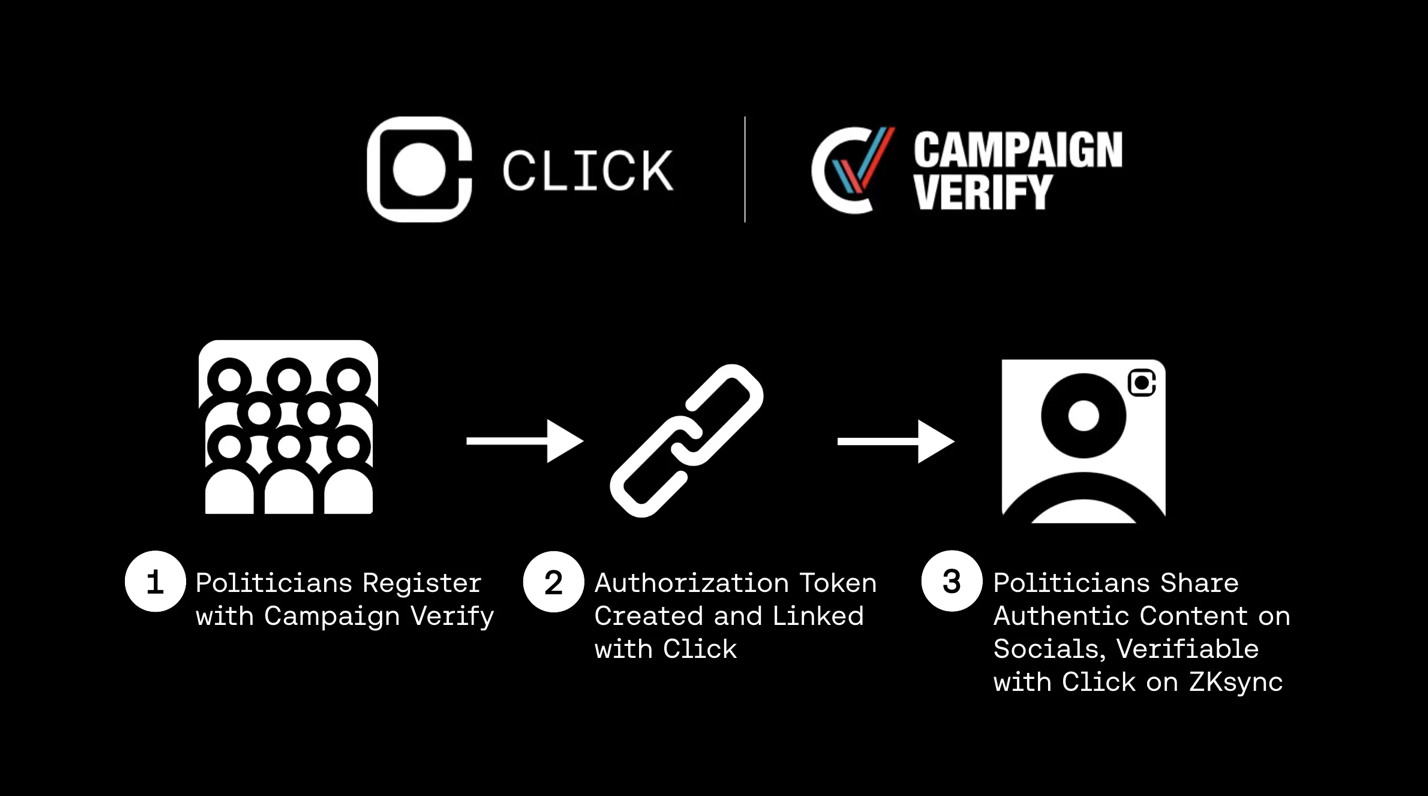Decentralized Physical Infrastructure Networks (DePin) are transforming the tech by enabling decentralized projects in real-world infrastructure.
Here’s what happened recently in the DePIN sector: peaq ecosystem surpassed 30 projects, Privasea completed node sale, mobile app Click partnered with Campaign Verify to protect voters from political misinformation.
peaq Ecosystem Surpassed 30 Projects
July was a good month for peaq. The Layer-1 blockchain, designed to power Decentralized Physical Infrastructure Networks and Machine Real World Assets, celebrated several major milestones, including surpassing 30 projects within its ecosystem.
According to Messari’s report, “peaqosystem” includes over 850,000 machines, vehicles, robots and other devices, and manages over $25 million in tokenized Real World Assets (RWA). Peaq also has a community of over 150,000 members, known as “peaqonauts”.
“They say everything good and magical happens between the months of June and August. Sounds about right. July was another momentous month at peaq: peaq’s roadmap to launch went live, # of DePINs building on peaq passed 30, ranked #1 on fundamentals by CertiK, YOM expanded from Solana to peaq, Messari’s deep dive into peaq, peaqosystem devices passed the 800K mark,” the team shared.
Read more: What Is DePIN (Decentralized Physical Infrastructure Networks)?

Notable projects powered by peaq include Silencio, which uses over 300,000 smartphones as noise pollution sensors; XMAQUINA, which tokenizes revenues from robots; and MapMetrics, a community-governed navigation system migrating from Solana to peaq, rewarding users with MMAP tokens for data sharing.
One of peaq’s unique value propositions for DePINs is its Modular DePIN Functions. These functions cater specifically to this sector’s needs, serving as a decentralized backend for DePINs.
Privasea Completed Node Sale
Privasea successfully completed its node sale, selling out all nodes within 48 hours. These nodes are part of Privasea’s DePin network, integrating WorkHeart and StarFuel NFT nodes for secure data processing and storage. The sale expanded node combos from 500 to 5,000 and included a StarFuel token airdrop.
“We are excited to announce the successful completion of our node sale, with all nodes sold out in just 48 hours. This achievement brings us one step closer to realizing our #DePIN vision,” the project stated.
Read more: Top 9 Web3 Projects That Are Revolutionizing the Industry
Privasea’s journey began in 2022 with CEO David Jiao identifying data circulation issues. He proposed Fully Homomorphic Encryption (FHE) as a solution. This approach, detailed in the Privasea Whitepaper, laid the foundation for their mission.
Key partners like Binance Labs and OKX Ventures supported this vision, culminating in the release of the ImHuman app, which has verified over 240,000 users. With the launch of their DePIN network, Privasea is entering an exciting new phase, and the first node runners will form its backbone.
Click Partnered With Campaign Verify to Combat Political Misinformation
Click, a mobile app powered by the Nodle Network, has partnered with Campaign Verify to protect voters from political misinformation. The app authenticates political content using “Deep Reals,” which are photos and videos linked to verified political identities through Campaign Verify tokens.
The verified media is cryptographically signed and stored on the blockchain, increasing transparency and trust during elections.
“We envision a future where misinformation is significantly reduced, particularly during elections. By equipping voters with tools to verify the authenticity of digital content, we can empower them to make informed decisions based on accurate and reliable information. This partnership creates an unprecedented level of transparency and trust for political content on social media,” said Micha Benoliel, CEO and co-founder of Intergalactic Labs, the team behind Click and Nodle.

This collaboration is a major step in fighting misinformation and ensuring honest political communication. It highlights the need for digital tools to verify political content, where false information is common.
While DePIN is still in its early stages and has some flaws, it allows for the exchange of tokens between synthetic and real-world assets. This supports traditional infrastructure by providing last-mile coverage in areas where conventional models are not economically feasible.
Disclaimer
In adherence to the Trust Project guidelines, BeInCrypto is committed to unbiased, transparent reporting. This news article aims to provide accurate, timely information. However, readers are advised to verify facts independently and consult with a professional before making any decisions based on this content. Please note that our Terms and Conditions, Privacy Policy, and Disclaimers have been updated.

